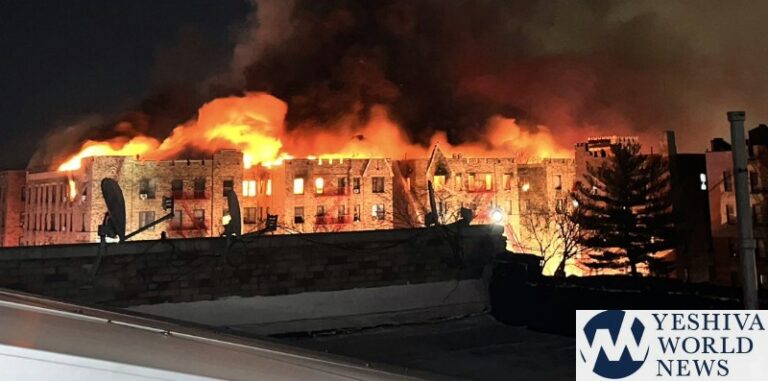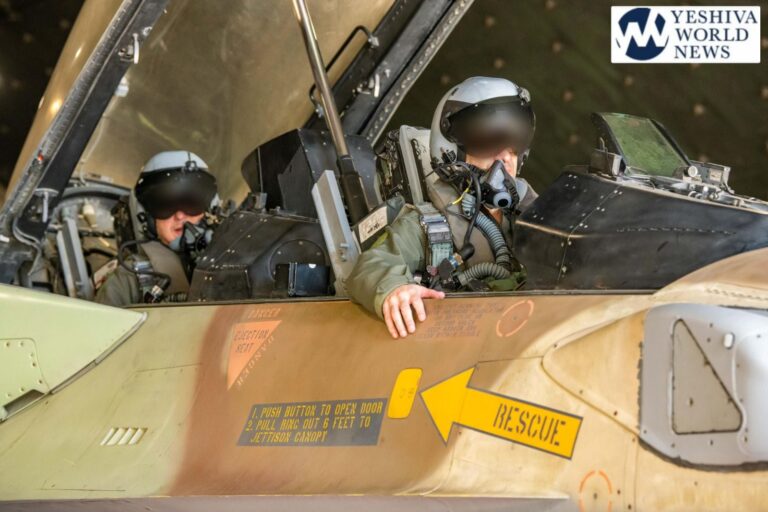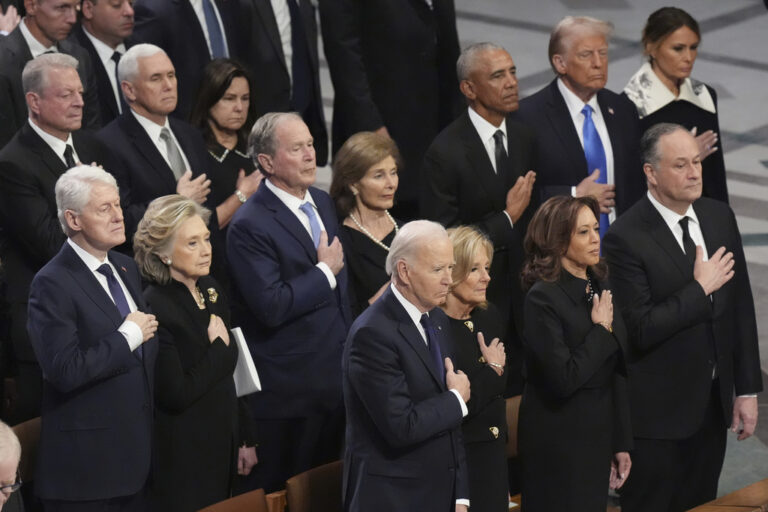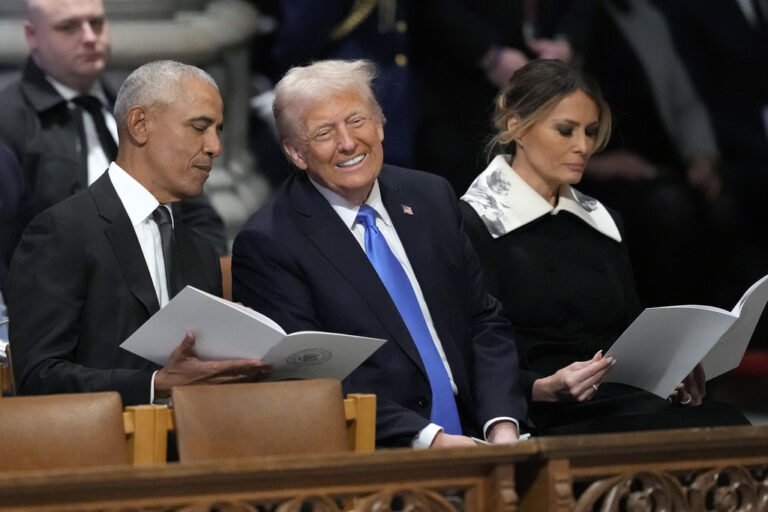 Investing in Iran is being held up by a lack of trust in market infrastructure and concern lingering sanctions will penalize western companies, money managers said at a conference in London.
Investing in Iran is being held up by a lack of trust in market infrastructure and concern lingering sanctions will penalize western companies, money managers said at a conference in London.
While the lifting of most curbs after the country’s nuclear deal with world powers last year is luring some smaller investors, most are staying away from the market of 80 million consumers as they remain doubtful of Iran’s ability to protect their investments. To win back their trust, Tehran sent 50 policy makers and finance executives to meet their European counterparts at the first-ever Euromoney conference dedicated to the country.
“From the investor perspective, it’s the uncertainty,” Salman Ahmed, chief investment strategist at Lombard Odier Investment Managers, said at the conference on Thursday. “We have no influence on geopolitics. There are a lot of question marks right now.”
At stake is the restarting of investment flows into a $417 billion economy that the IMF forecasts will grow 4 percent through March 2017. But persuading investors to overcome their inhibitions is a challenge for central bank Governor Valiollah Seif and his colleagues. European businesses are wary of U.S. sanctions that haven’t yet been removed, from a ban on American commerce with Iran to restrictions on dollar-denominated trades.
The Persian nation has made efforts to break a deadlock in investments caused by the remaining sanctions, but trade finance remains “wobbly” and is part of the basic “plumbing” investors need to go into a market,” Ahmed said.
Seif, who has led the central bank since 2013, told the conference he agrees foreign banks are reluctant to engage because of the sanctions and fear U.S. prosecutors may adopt “a stricter interpretation of the rules.” A shift to “market-based” monetary policy is taking place, Seif said, while restrictions on use of the dollar in Iran are still an “impediment” to widening of Iranian development and commerce.
One of Seif’s advisers said the country seeks to unify the rial exchange rate from the official and market-based ones currently in existence to help support sustainable economic growth that creates jobs. Iran wants to reduce the government’s dependence on oil and fight corruption by increasing transparency, said Ahmad Azizi, senior adviser to the country’s central bank.
Amir Mehran, an adviser at Bank Pasargad, Iran’s second-biggest financial group by market capitalization, said he “hopes” the country will get a credit rating “very soon” and noted that a representative from S&P Global Markets Inc visited Iran. S&P declined to comment. Moody’s Investors Service is barred from doing business in Iran until U.S. sanctions are lifted, Daniel Piels, head of EMEA communications for the ratings company, said in an e-mail.
“Accordingly, Moody’s is unable to consider proposed business activity with or involving Iran or any Iranian companies,” Piels said.
Investors that aren’t waiting for a credit rating to pile into Iranian securities are cashing in on a post-deal rally. London-based money manager Charlemagne Capital Ltd. partnered with a Tehran firm to buy stocks and local-currency Iranian bonds that yield more than 20 percent. The Tehran Stock Exchange welcomes foreign investment, with some shares allowing as much as 100 percent ownership from investors abroad. The country’s main index has gained 24 percent this year, compared with little change in the MSCI Emerging Markets Index.
Iran’s economy will benefit from higher oil production for between 12 and 18 months but faster economic growth after that will require investment, said Aasim Husain, the International Monetary Fund’s deputy director for the Middle East and Central Asia.
The U.K. is ready to get businesses into Iran but Iranian companies need to provide more information on their business in order for the investors to evaluate risk, said Gordon Welsh, head of business group at U.K. Export Finance.
“It does take two” to move a relationship forward, Welsh said, declining to address the risk of a snap-back effect from U.S. sanctions on any trade with Iran.
About 300 delegates, including the likes of Lombard Odier Investment Managers and Banco Santander SA are attending the conference. A chief concern is the lack of a global custodian for the safekeeping of stocks and bonds, given their lack of confidence in the local alternative.
Hassan Ghalibaf Asl, chief executive of Tehran’s stock exchange, said “custody is an important issue” and said there are talks with a Swiss firm about international custodian services, without offering specifics.
“We don’t invest in Iran at the moment,” said Michael Levy, a London-based frontier markets fund manager at Barings Plc, which oversees $35.4 billion in its asset management business. “The legal infrastructure and custody is not well defined enough to ensure safe custody of assets.”
(c) 2016, Bloomberg · No Author










